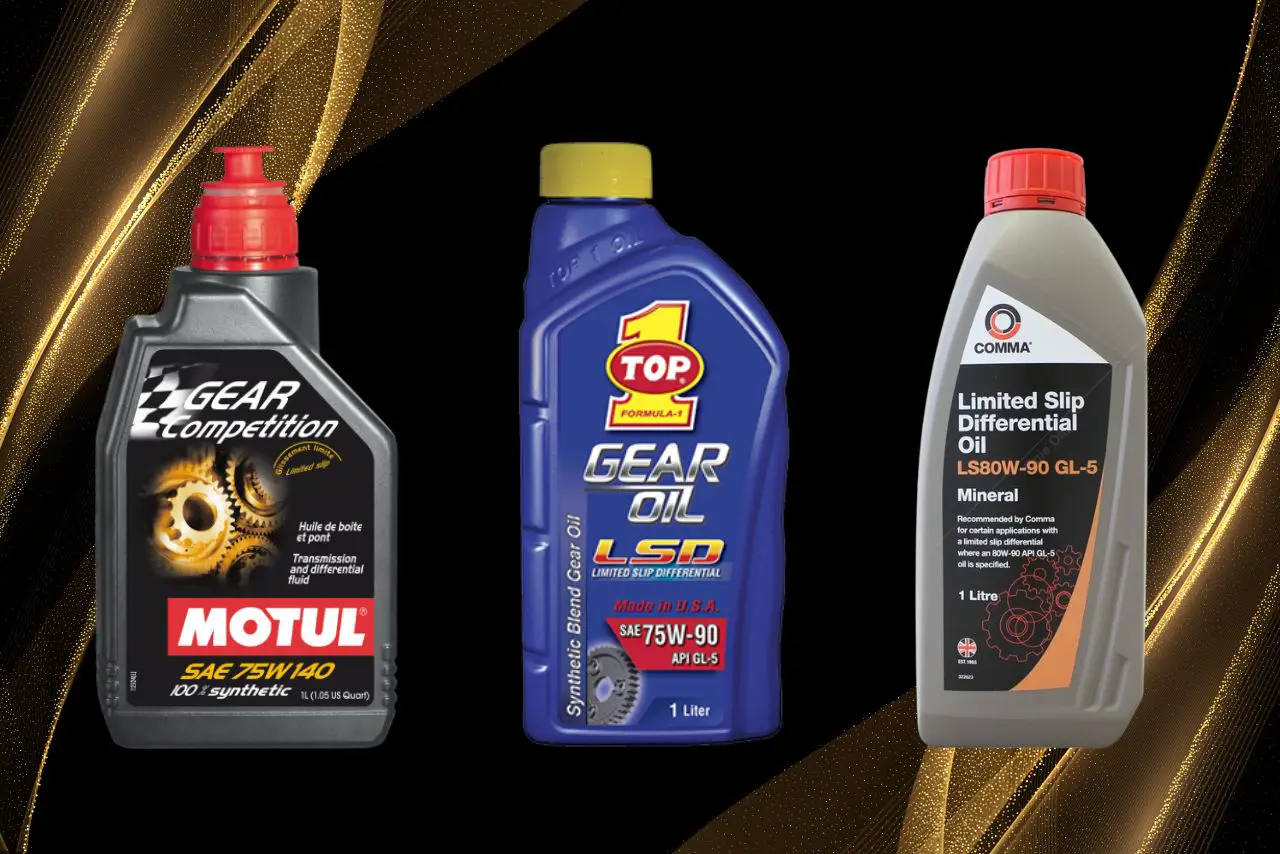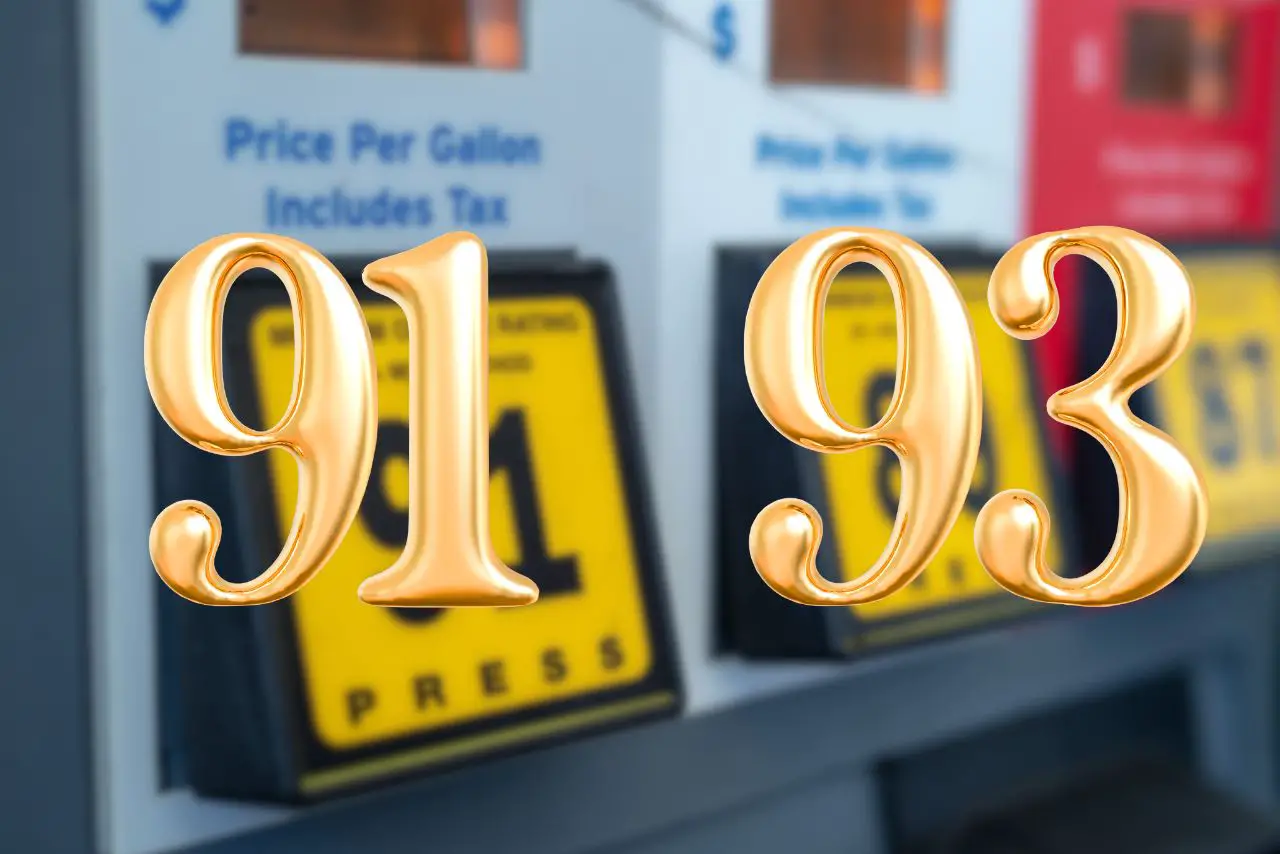Is 15 Mpg Good? 15 miles per gallon (mpg) is considered a average fuel economy for an average car. According to the EPA, cars with a combined city and highway mpg of 20-30 are considered to be in the “good” range.
However, 15 mpg is slightly below that benchmark, meaning you may be able to find more efficient vehicles on the market depending on your needs.
If you’re considering a new car, one of the most important factors to consider is its fuel efficiency.
15 miles per gallon (mpg) is an attractive option for drivers wanting to save at the pump and make fewer trips to refuel. With this in mind, let’s take a closer look at what 15 mpg can do for you!
This article will help answer this question by exploring what 15 mpg means in terms of fuel efficiency, average fuel costs and potential savings over time.
What is 15 MPG?
15 MPG stands for Miles Per Gallon, a measure of fuel efficiency in cars. It indicates how many miles a car can travel with one gallon of fuel. Generally speaking, the higher the MPG figure is, the more economical and less polluting the car will be.
The current average MPG across all vehicles on American roads is around 24, which means that 15 mpg would be considered relatively poor by today’s standards.
Such a vehicle would not only cost more to drive than modern cars but also contribute significantly more emissions into our atmosphere over its lifetime.
However, it should be noted that different types of vehicles tend to vary in terms of their typical MPGs for instance SUVs are usually much less efficient than hatchbacks or sedans and might rate lower at just 12-14 mpg (for comparison).
Is 15 City Mpg Good?
15 city mpg is generally considered to be a good fuel economy for most cars. It provides an efficient balance between the amount of gas needed to drive and the distance traveled, which can save drivers money on fuel costs in the long run.
The exact mpg rating depends on several factors such as engine size, weight, and driving habits.
The more powerful or heavier a car is, the lower its mpg rating may be, while lighter cars with smaller engines tend to get better gas mileage ratings.
Additionally, drivers that practice aggressive acceleration or braking may see lower mpg ratings than those who use slower movements when pushing down the accelerator pedal or applying brakes.
In general though 15 city mpg offers enough fuel efficiency for most people’s needs; however if you want even better mileage then consider looking at hybrid models which are designed specifically for maximum fuel efficiency.
Advantages of 15 MPG
In today’s world, 15 MPG is considered to be an impressive fuel economy. It is a significant improvement over the average 12-13 MPG in the early 2000s and it demonstrates the strides we have made in terms of fuel efficiency.
The advantages of 15 MPG are numerous; first and foremost, it allows us to significantly reduce our carbon footprint. With fewer emissions being released into the atmosphere as a result of better fuel economy, 15 MPG helps protect our environment for future generations.
Furthermore, due to increased efficiency, drivers can save money on their monthly gas bill thanks to improved mileage per gallon when compared with lower fuel economy ratings from vehicles prior to 2008.
Finally, vehicles that achieve 15 mpg are often more reliable than those that do not, this means less downtime waiting for repairs or servicing checks and ultimately will cost you less money in maintenance costs over time.
As such, having a vehicle with a rating of 15 mpg should provide both peace of mind as well as cost savings benefits in addition to its environmental advantages.
Disadvantages of 15 MPG
One major disadvantage is the amount of emissions such vehicles produce when compared to more efficient models. This can lead to increased air pollution levels in heavily populated areas and exacerbate global climate change.
Additionally, these vehicles tend to have higher maintenance costs due to needing more frequent oil changes and other repairs related to their inefficient engines.
In addition, these cars typically require higher grade gasoline than those with better ratings, leading owners to spend more money at the pump over time.
The lower mileage also means they take longer trips between fill-ups than their counterparts with better fuel economy ratings.
Finally, because they consume so much gas during operation, running them for even short distances can be costly and damaging for the environment.
Is 15 mpg Good or Bad?
When discussing fuel economy, 15 mpg is not considered ideal. The average fuel economy for a new vehicle sold in the United States was 25 mpg in 2019 according to the Environmental Protection Agency (EPA).
This means that vehicles with an MPG of 15 are rated significantly lower than average and would be considered less efficient.
It is important to note that other factors could affect your overall gas mileage, such as how you drive or what type of terrain you’re driving on.
In general, however, cars with very low MPG ratings tend to cost more money at the pump due to their inefficient engines and poor aerodynamic design.
In addition to being costly, cars with low MPG can also produce more emissions than those with higher MPG ratings.
If you’re looking for a car that won’t break the bank at the pump or damage the environment too much, then look into purchasing one that has an EPA estimated rating of 30+ mpg instead.
Factors Affecting the Efficiency of 15 MPG
When assessing the efficiency of 15 miles per gallon (MPG), there are a number of factors that need to be taken into consideration.
The most important one is the type of car being driven, as different models will have varying fuel economy ratings even when they’re operating under similar conditions.
For example, a sedan with a smaller engine may achieve better mileage than an SUV with a larger engine.
Another factor affecting 15 MPG is driving habits and style. Drivers who adhere to speed limits and drive in an economical fashion can expect to get more out of their vehicle’s fuel efficiency compared to those who frequently accelerate quickly or take sharp turns.
Finally, external factors such as traffic or terrain should be considered when determining the efficiency of any vehicle achieving 15 MPG or less.
Comparing Average Gas Mileage to 15MPG
When it comes to comparing average gas mileage to 15 mpg, it’s important to understand that the national average is typically significantly higher than 15 mpg.
According to data collected by the U.S. Department of Energy, the current fuel economy for vehicles in 2021 is 25.2 mpg, nearly 10 miles per gallon greater than 15 mpg.
Although 15 mpg isn’t terribly low when compared with older vehicle models or some pickup trucks and SUVs, this figure falls well below the national average for all types of cars on sale today in America.
When considering a car purchase or lease, opting for a model that offers better fuel efficiency can save you money over time due to fewer trips made at the pump as well as lower emissions levels from your vehicle’s exhaust system.
Is 15 Mpg Good For A Truck Or SUV?
When it comes to fuel economy, 15 mpg is not a very good rating for either a truck or an SUV. This number falls below the average mileage of most vehicles on the road today. In fact, according to recent studies, the average MPG for trucks and SUVs is around 19-20 mpg.
The U.S. Department of Energy reports that cars and light trucks combined get 21 miles per gallon (mpg) on average in 2020 compared to 20 miles per gallon in 2019 a 5% increase year over year.
That being said, achieving 15 mpg with your vehicle would mean you’re getting 25% less than what’s available on the market today!
Is 10 MPG Good For A Car?
That being said, 10 miles per gallon (MPG) isn’t necessarily good or bad for a car, it’s simply a measure of how many miles your vehicle can travel using just one gallon of gasoline.
Generally speaking, the higher MPG rating that a car has indicates that it’s more efficient than other vehicles with lower ratings.
This makes 10 MPG an very low fuel economy number because some cars will achieve better mileage while others may be much worse off.
Ultimately though, this means if you want greater efficiency then you should look into cars with higher MPG ratings such as those achieving 15 or even 20 mpg in order to get the best bang for your buck at the pump.
Conclusion: Is 15 Mpg Good?
Is 15 Mpg Good? The answer to whether 15 mpg is good or not depends on the vehicle and its purpose.
Generally, cars with higher mpg ratings are more fuel-efficient and cost less to maintain in the long run.
While 15 mpg may be acceptable for some vehicles, it can also be an indicator that a car needs more maintenance or that it is time to consider trading in your vehicle for a newer model.
FAQs
What is the average MPG for a car?
The average MPG for cars in the United States is 25.
Is 15 MPG good for a car?
15 MPG is below average, but it is still acceptable for most cars.
What factors affect MPG?
Factors such as engine size, driving habits, terrain, and vehicle maintenance can all affect MPG.
How can I improve my car’s MPG?
Properly maintaining your car, driving at a consistent speed, and avoiding rapid acceleration and deceleration can all help improve your car’s MPG.
Will driving a hybrid or electric vehicle improve my MPG?
Yes, hybrid and electric vehicles typically have higher MPG than traditional gasoline-powered vehicles.






Leave a Reply